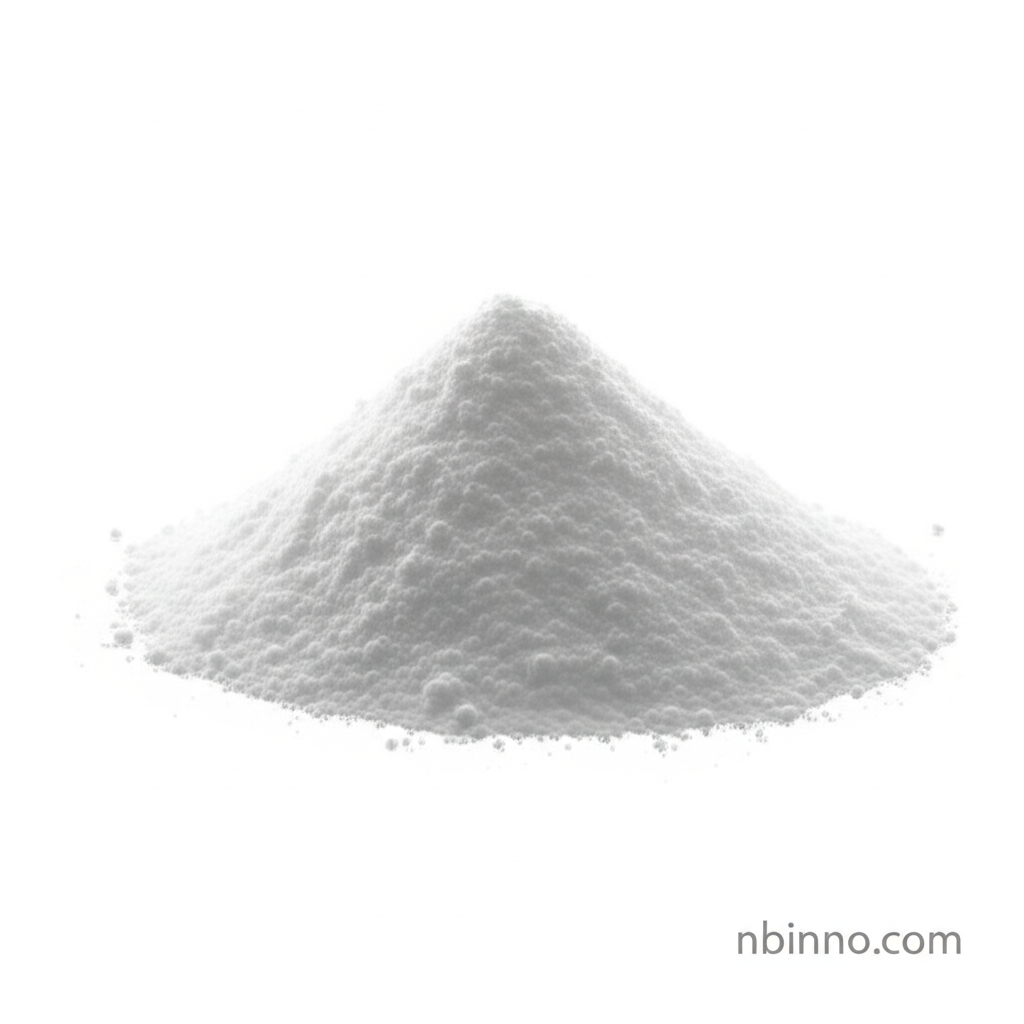Chloroquine Diphosphate: A Comprehensive Pharmaceutical Overview
Exploring the multifaceted applications and chemical properties of Chloroquine Diphosphate for advanced research.
Get a Quote & SampleProduct Core Value

Chloroquine Diphosphate
Chloroquine diphosphate is a critical pharmaceutical compound with a broad spectrum of applications, primarily known for its effectiveness as an antimalarial and anti-amoebic drug. Its mechanism of action involves interfering with parasite growth and replication. Beyond its traditional uses, recent research highlights its potential in cancer therapy, where it acts as an inhibitor of autophagy and toll-like receptors (TLRs), thereby enhancing the efficacy of chemotherapy and radiation.
- Chloroquine diphosphate antimalarial efficacy is well-documented for controlling malaria symptoms and preventing malaria in susceptible regions.
- The role of chloroquine diphosphate in cancer treatment focuses on modulating cellular processes like autophagy and apoptosis.
- Understanding chloroquine diphosphate mechanism of action reveals its impact on parasitic and cellular pathways.
- Exploring chloroquine diphosphate research applications showcases its versatility from infectious diseases to oncology.
Key Advantages
Proven Therapeutic Efficacy
As an antimalarial, chloroquine diphosphate has a long history of successful use in preventing and treating malaria infections, making it a reliable option for endemic areas.
Dual Action in Cancer Therapy
Its ability to inhibit autophagy and enhance apoptosis makes chloroquine diphosphate a valuable adjunct in cancer treatment protocols, potentially improving outcomes for patients.
Versatile Pharmacological Profile
The compound's interaction with toll-like receptors (TLRs) and its role in modulating cellular processes open avenues for research into its use for various inflammatory and immune-related conditions.
Key Applications
Malaria Prevention and Treatment
Used globally to combat malaria, chloroquine diphosphate offers a cost-effective solution for preventing and treating Plasmodium infections.
Amoebiasis Treatment
Effective in treating extraintestinal amebiasis, particularly amoebic liver abscess, it complements other treatment regimens.
Rheumatic Disease Management
Its anti-inflammatory properties make it a useful treatment for conditions like rheumatoid arthritis and lupus erythematosus.
Oncology Research
Investigated for its role in cancer therapy, chloroquine diphosphate enhances the effectiveness of chemotherapy and radiation by influencing cellular autophagy.
